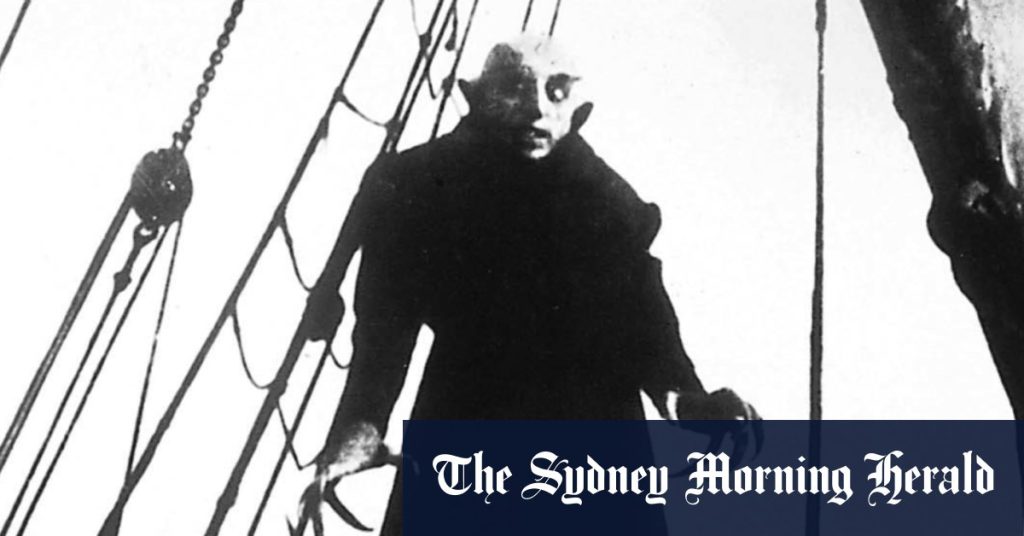At nearly 70 years old, the author attended his first horror movie last month, the 1922 silent film Nosferatu, featuring a brilliant soundtrack composed and played by his brother-in-law. Although initially hesitant due to his fear of horror, he found the movie to have aged poorly and the audience even chuckled at the supposed scary moments. However, his experience last Friday at the opera, Breaking the Waves, left him in a state of horror and shock. The musical adaptation of the 1990s Lars von Trier film depicted the degradation, expulsion from the church, and eventual rape and murder of a young married woman in Scotland. Despite its powerful presentation, the harrowing content left the author questioning whether he should have attended.
The author acknowledges that horror can be enjoyed as entertainment by some and even considers it a sophisticated genre with moral messaging. However, he emphasizes the importance of being mindful of what enters one’s mind, as disturbing images can leave a lasting impact and potentially cause trauma. The mention of a rise in choking during sex linked to pornography serves as an example of how exposure to certain themes in entertainment can have real-life consequences. With enough horrors present in the real world, the author questions the necessity and justification of consuming horror for entertainment purposes.
Drawing from the Apostle Paul’s advice to focus on things that are true, noble, right, pure, lovely, admirable, excellent, and praiseworthy, the author emphasizes the importance of engaging with content that uplifts and encourages rather than instills fear or trauma. The idea of dwelling upon or meditating on positive and edifying thoughts is seen as a way to benefit not only psychologically but also spiritually. The author underscores the connection between thoughts and actions, suggesting that what one dwells upon ultimately influences their behavior and choices.
The opera Breaking the Waves, based on a Lars von Trier film, is highlighted as a prime example of a powerful and emotionally intense experience that left the author deeply affected. While acknowledging the artistic and storytelling merits of such works, he reflects on the potential toll that exposure to extreme and distressing content can take on individuals. The author’s account serves as a personal exploration of the fine line between enjoying horror as entertainment and grappling with the ethical implications of feeding one’s mind with such content amidst real-world horrors and challenges.
The juxtaposition of the horror genre with real-world atrocities serves as a poignant reminder of the complex interplay between entertainment, escapism, and the harsh realities of life. The author’s contemplation on the impact of horror on the psyche and its potential to desensitize individuals to violence and trauma underscores the need for discernment in consuming media. Drawing upon spiritual and philosophical wisdom, he calls for a conscientious approach to selecting content that uplifts and inspires rather than instills fear or desensitization.
In conclusion, the author’s reflections on his experiences with horror entertainment and the deep-seated impact of disturbing content on the mind and soul invite readers to consider the broader implications of what they choose to engage with. By weaving together personal anecdotes, moral considerations, and spiritual insights, he urges a reevaluation of the role of horror in contemporary society and advocates for a more intentional and uplifting approach to media consumption. The message of focusing on that which is true, noble, pure, lovely, and admirable serves as a guiding principle in navigating the delicate balance between entertainment, education, and ethical responsibility in a world rife with both real and fictional horrors.


